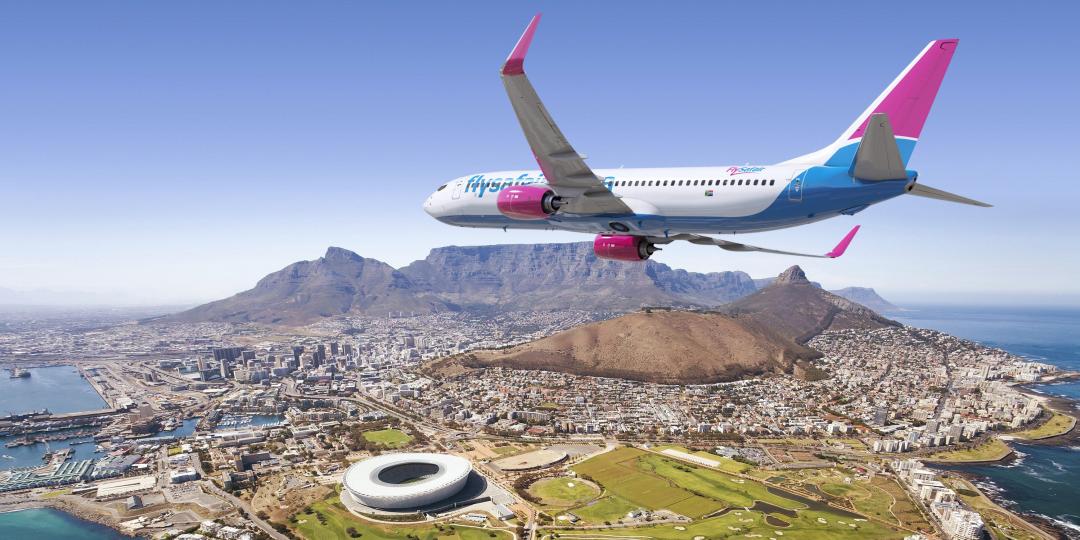A number of key trends in the aviation industry are shaping consumers’ behaviour.
Regional low-cost airline, FlySafair, recently held a media round table hosted by Chief Marketing Officer, Kirby Gordon, where he spoke about the most prominent aviation industry trends in South Africa for 2024.
Gordon had already mentioned a number of trends. He expands further.
High-season consumer trends
The December-January holiday season proved to be a turning point for local travel recovery, with increased consumer spending on air travel and restaurants. Domestic air passenger numbers reached 97% of pre-pandemic levels, while Cape Town International Airport surpassed its 2019 level by 7.7%.
“A lot of people came out of the pandemic with a ‘life is too short’ attitude. As a result, we have seen a significant increase in travel and leisure spending. People are prioritising taking time out to travel and enjoy activities like eating out, despite the increased cost of these activities,” said Gordon.
The future of aviation technology
The aviation sector has been at the forefront of leaps in technology. While plenty of work is under way in terms of where artificial intelligence (AI) might play a role in flying aircraft, the more immediate applications of this technology are likely to be on the ground.
“Generative AI has found a number of applications in the aviation industry. Our world is run by a plethora of data from ticket sales trends and pricing dynamics to aircraft flight data outputs and fuel burn results. The capacity of AI to consume vast amounts of data and build insights from it is fast transforming our industry, allowing airlines to better serve customers while improving costs, which translate to lower fares and managing safety and reliability,” said Gordon.
The future of sustainable aviation
According to Our World Data, aviation is responsible for 2.5% of global CO₂ emissions. This is nowhere near what other industries like meat farming contribute, but it’s still an area of intense focus and investment for the aviation industry.
To reduce the airline industry’s impact on the planet, a lot of work has been done on alternative fuel technologies. The most advanced is probably the huge drive to develop Sustainable Aviation Fuel (SAF) with the aim of decreasing carbon emissions by up to 80%.
Rolls-Royce has developed an aircraft engine that can run completely on SAF, while Airbus is developing a hydrogen-powered commercial aircraft.
“Airlines in South Africa are doing what they can to reduce their carbon emissions, but SAF is not a real option for us, or anyone, just yet.”
In September last year, Lufthansa’s CEO said in a statement that to use 100% SAF, the airline would need half of Germany’s electricity to produce the fuel it alone would require.
“At this stage it’s the most advanced new fuel technology and many airlines are running on blends of traditional fossil fuel and SAF, but there’s just no availability in South Africa at this stage. So, for now our focus remains on minimising emissions through efficient flying,” noted Gordon.
What’s next for FlySafair?
To wrap up the event, Gordon shared FlySafair’s plans for the future, offering details of upcoming route expansions and movements within its fleet.
The airline is now the largest in South Africa, making up the lion’s share of capacity on local and some regional routes.
“After a year of rapid regional and local expansion in 2023, we are taking a bit of a break in 2024 to focus on identifying further strategic routes and refining our fleet. At this point there are no solid plans to add additional routes to our roster, although we will begin operations on our exciting Cape Town to Kruger route in early April. In terms of our fleet, we will not be adding aircraft, but will rather swap out some of our older aircraft for new ones later in the year,” concluded Gordon.






















